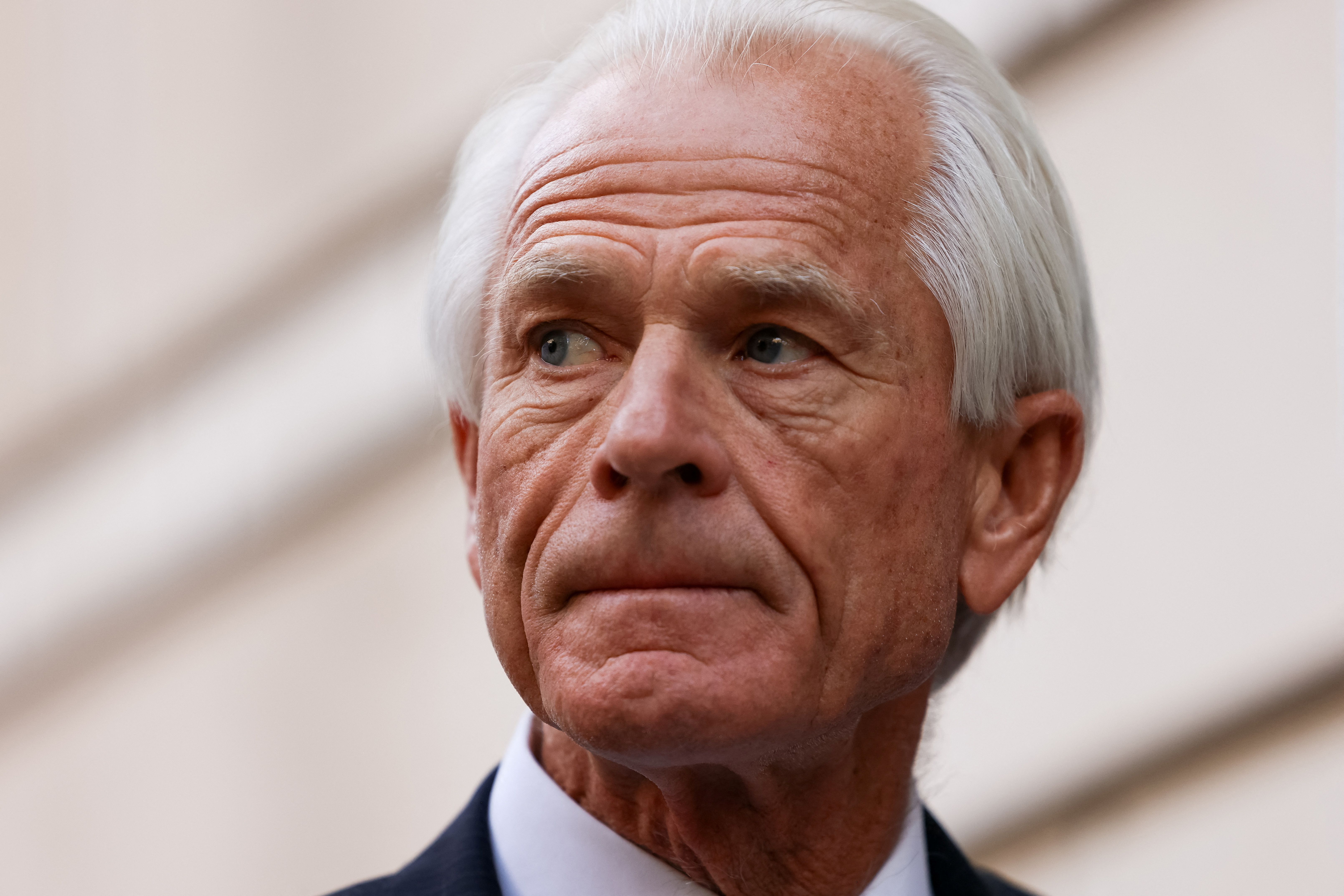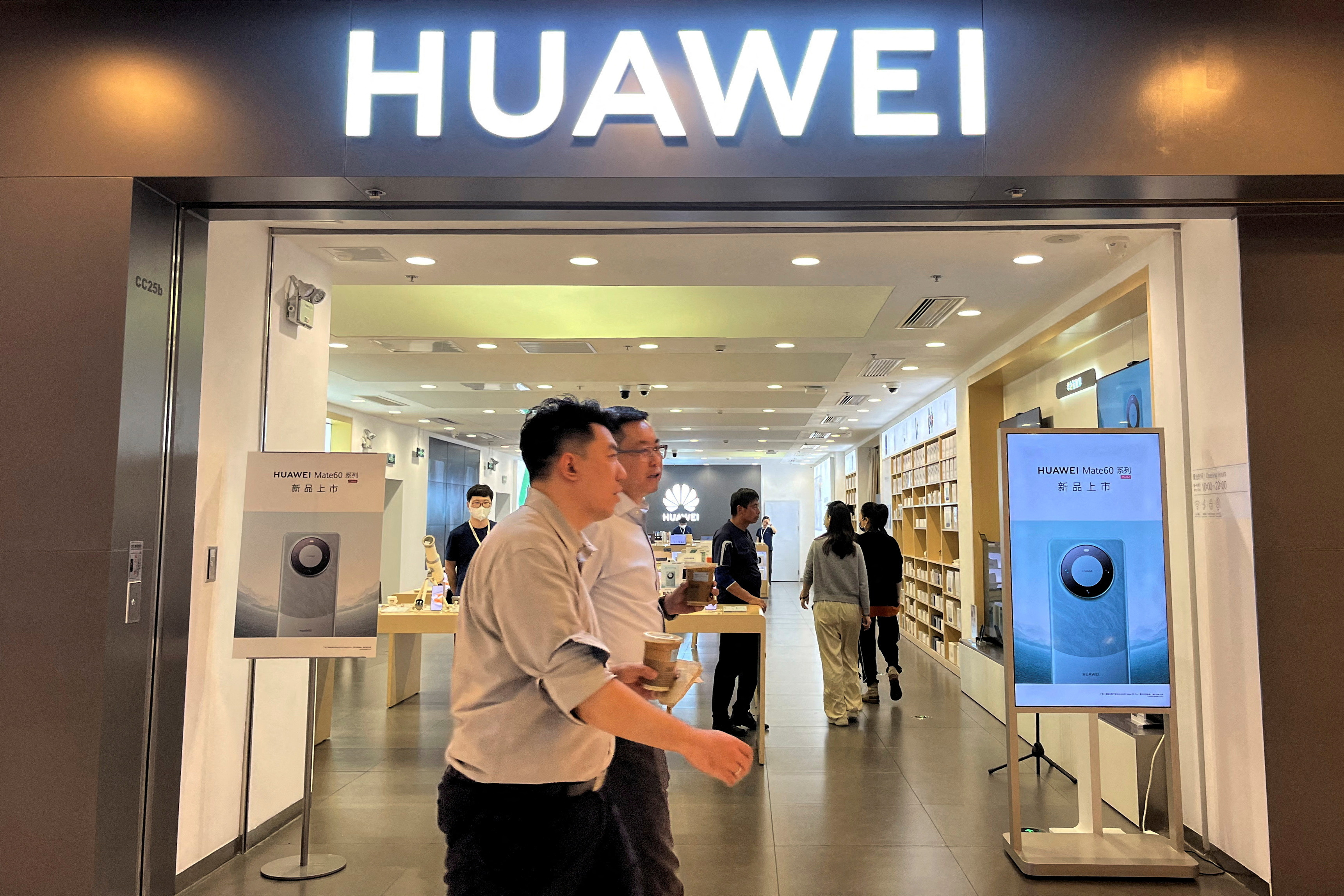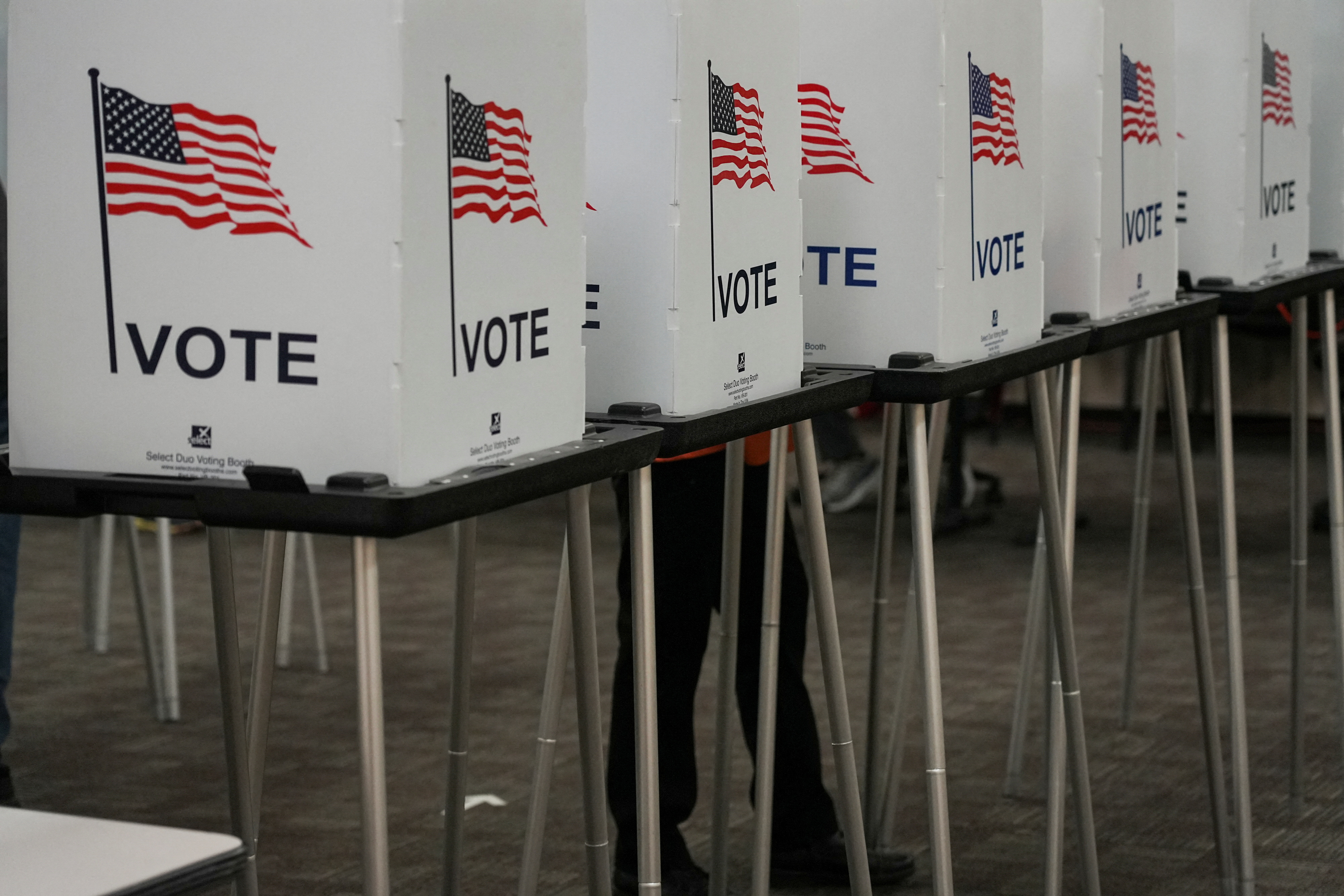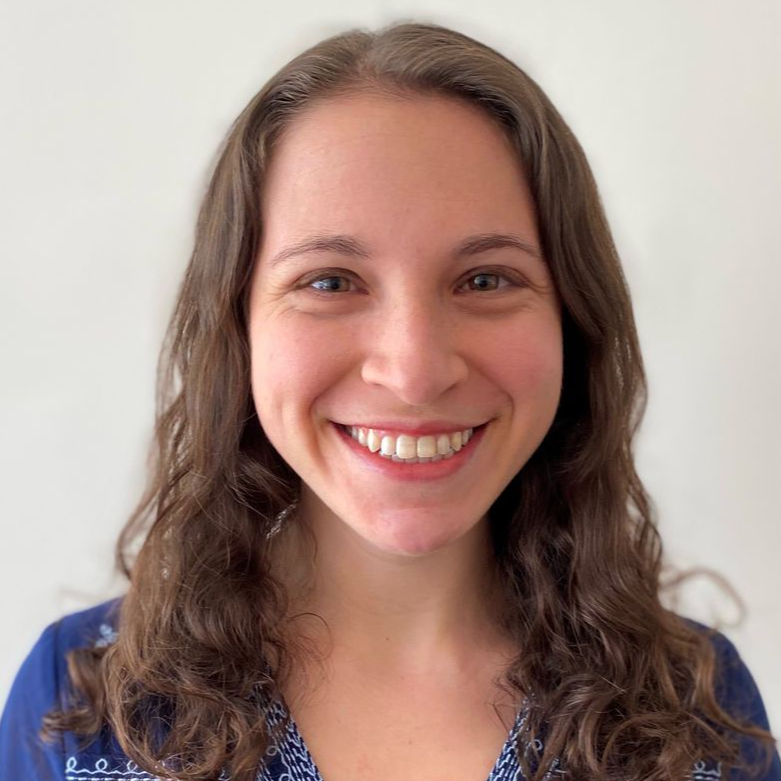Musk blames Latham for San Francisco’s problems. Huh?
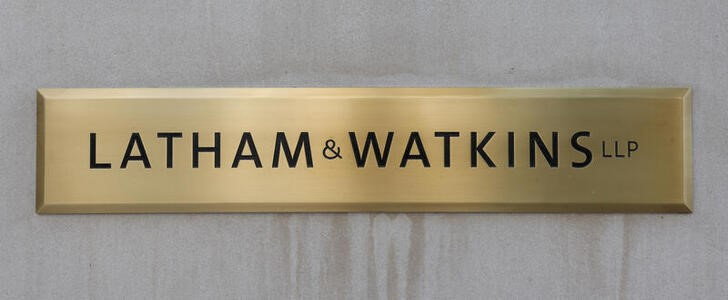
The sign of law firm Latham and Watkins in Washington, U.S., July 12, 2023. REUTERS/Kevin Wurm Acquire Licensing Rights
Aug 31 (Reuters) - There are plenty of reasons to criticize big law firms, but providing effective pro bono representation to a vulnerable population shouldn’t be one of them.
Under the heading “No good deed goes unpunished,” Elon Musk last week went after Latham & Watkins for its work on behalf of homeless people in San Francisco. The world’s richest person on Aug. 25 posted on messaging platform X, formerly known as Twitter, “Let’s ask our companies to cease all work” with the Los Angeles-founded firm.
Latham lawyers are representing Musk's X in at least three lawsuits, according to a Reuters review of federal court records. As of press time, those lawyers have not asked the judges' permission to leave the cases, nor has X asked to substitute them with another law firm.
Latham declined comment and Musk did not respond to a request for comment.
The call to pull business from the 3,300-lawyer firm came as part of a thread on X about drug addiction and homelessness in San Francisco, where X is based. Before Musk piped in, other commenters blamed Latham for contributing to San Francisco’s so-called “doom loop,” pointing to the firm’s pro bono representation of the Coalition on Homelessness.
Late last year, Latham lawyers won an emergency order that restricts the city from clearing homeless encampments. Doing so is unconstitutional, firm lawyers argue, and only exacerbates the crisis by taking away survival gear like tents from people who have nowhere else to go.
The 9th U.S. Circuit Court of Appeals on Aug. 23 heard arguments appealing the injunction, with lawyers for the city asserting it has hampered San Francisco's ability to promote public health and safety.
Latham in 2018 also won a landmark pro bono case, Martin v. City of Boise, when the 9th Circuit held that cities cannot cite people for sleeping outdoors when no shelter beds are available.
In a news release at the time, Latham said more than 70 firm lawyers and staff working pro bono contributed 7,000 hours to the litigation.
Musk’s X post on Aug. 26, following his call for companies to abandon Latham the day before, was, among other things, uninformed. “They want war? Let’s give it to them. We cannot let these snakes win or San Francisco will end up like Detroit. The clincher was discovering that this is actually just a tax write off for Latham, not actually ‘pro bono’ at all," he wrote.
Dear Elon, per the Internal Revenue Service, pro bono work isn’t tax deductible. Certain related expenses might be, but the attorneys’ time or labor — the true value of the contribution, especially at a firm like Latham, where profits per partner last year topped $5 million, according to The American Lawyer — is not.
Musk provided no further basis for his assertion.
Of course, firms can properly be awarded legal fees for pro bono work under fee-shifting provisions. In the Boise case, Latham and co-counsel from The National Law Center on Homelessness & Poverty and Idaho Legal Aid Services received a combined total of $435,000 in fees, according to the settlement agreement, which did not break down the split.
Considering Latham’s revenue last year was $5.3 billion, I think it’s safe to say the firm isn’t repping homeless people for the money.
Latham isn’t the first firm to be targeted by Musk on X, where he has nearly 155 million followers. Heck, it’s practically a badge of honor.
In May 2022, he tweeted that Cooley and Perkins Coie were made up of "white-shoe lawyers" who "thrive on corruption.”
The Tesla CEO didn’t elaborate at the time why the firms — which both once counted Musk or his companies as clients — had triggered his ire. However, the Wall Street Journal previously reported that Cooley rebuffed a request from Tesla to fire an associate who formerly worked at the U.S. Securities and Exchange Commission and who had interviewed Musk there in connection with an agency probe.
As for Perkins Coie, Musk subsequently called out former partner Michael Sussmann, tweeting on Dec. 8, 2022, that “Twitter isn’t using Perkins Coie. No company should use them until they make amends for Sussman’s (sic) attempt to corrupt a Presidential election."
Sussmann was acquitted last year of allegations that he lied to the FBI during a meeting about purported ties between former President Donald Trump and Russia.
Both firms declined comment, as did Sussmann, now a partner at Fenwick & West.
In some ways, I understand why Musk might be frustrated by Latham’s wins for the unhoused population. Because San Francisco is my city. I’ve lived in or near it for decades — and right now, it’s a mess.
In certain neighborhoods, including those near the federal courthouses and the headquarters of X, some sidewalks are filled with tents and tarps (not to mention the occasional pile of human poop). People sprawl in various states of consciousness.
The San Francisco Chronicle earlier this month reported that federal officials told hundreds of employees at the Nancy Pelosi Federal Building, located downtown at Seventh and Mission streets, to work remotely for the foreseeable future due to public safety concerns in the surrounding neighborhood.
San Francisco faces major problems — but blaming Latham makes little sense.
No question firm lawyers through their courtroom wins have affected how local officials can deal with people experiencing homelessness.
But the underlying causes — including the lack of affordable housing, dramatic wealth inequality and defunded social services programs — belong at the feet of policy makers, not pro bono lawyers.
Reuters reporter David Thomas contributed to this report.
Reporting by Jenna Greene; editing by Leigh Jones
Our Standards: The Thomson Reuters Trust Principles.

